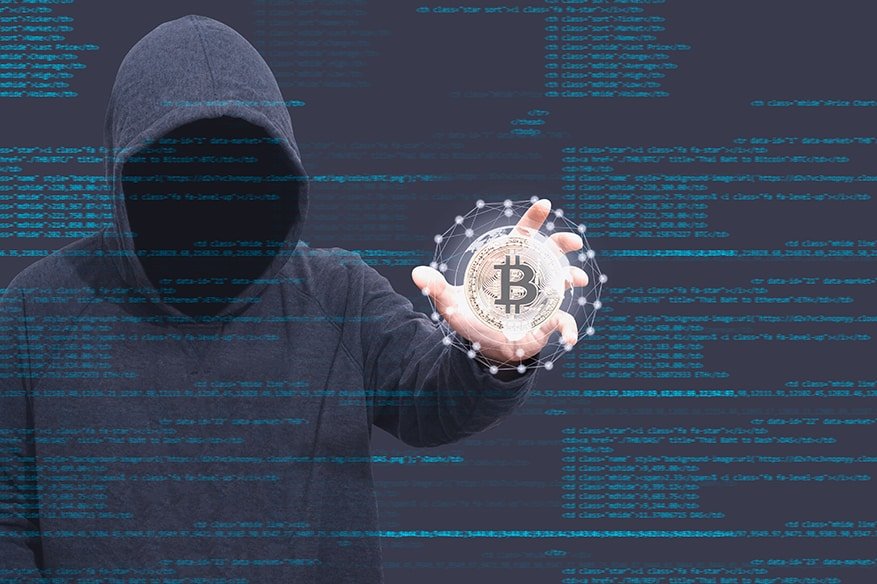Cash to Crypto Exchange Is Flourishing In Moscow

Long back a farmer Mikhail Shlyapnikov was once narrating his experience about virtual cash and how it enabled him to raise nearly $2 million in two months. The currency, the kolion, is named after the Moscow area town of Kolionovo, where Shlyapnikov lives. Amid its April launch, investors from around the world purchased $500,000 worth of the currency. Since exchanging started toward the start of May, one kolion has relatively multiplied in cost just under $2.
Shlyapnikov says that buyers of his agricultural produce are now looking to acquire kolions—gambling the currency will continue to strengthen.
“I have a new instrument,” he says. “It’s like getting a tractor.”
The second most popular cryptocurrency in the world was Ethereum, and the founder of this virtual currency was a Russian-born Vitalik Buteri. The world’s biggest bitcoin maker, or “digger,” Bitfury, was made by Valery Vavilov, 37, which was conceived in then-Soviet Latvia.
“Cryptocurrencies were always popular in Russia,” says Skolkovo’s Novikov. “Russian-language developers are the most visible among developers working with blockchain technology.”
Today, the situation has not changed much. The Russian authorities have not regulated cryptocurrencies yet, but rather Russians are now embracing them. A new bitcoin change has been opened recently, not far from one of Moscow’s main railroad stations, Kursky Vokzal. According to media reports, the bureau is the first of its kind in the Russian capital.
The exchange is trading only bitcoins for Russian rubles in cash. Customers can buy and sell the cryptocurrency if they present an ID. The management claims that their business complies with current Russian laws. The bureau is located on the “Verhniy Susalniy” street. Other offices will be opened at two other locations, the business centers “Moscow City” and “Rumyantsevo”, Bitfin reports.
Buying cryptocurrency in Russia these days increasingly means parting with fiat cash, be it Russian rubles or American dollars. According to the numbers quoted by local media, the 24-hour market turnover, just in Moscow, reaches a staggering $50 million dollars on peak days. Some say the cash-crypto trade resembles the wild-wild-east street forex of the 90s, while others claim that if it’s not prohibited then it’s allowed.
The soaring prices have enormously expanded the ubiquity of cryptocurrencies across the world and Russia is no special case. The 2017 untouched highs drew a ton of consideration and speculation making a multi-million dollar cryptocurrency in Moscow which is as yet sprouting. A major piece of it includes money exchanges and as there are no devoted controls in the nation, yet, this sort of crypto exchanging is neither legitimate nor unlawful. As indicated by the local press, the every day crypto turnover in the capital alone is somewhere in the range of $10 and $20 million USD, however, it now and again crests at $50 million.
According to Roman Zaguba, a representative of the UK-based crypto bank Wirex, most of these exchangers dwell on peer-to-peer platforms like Localbitcoins. Because of the lack of relevant laws, online trading platforms are also entirely outside of the legal field. The draft legislation that was voted in first reading in May and was supposed to be adopted in July has been delayed. The texts of the initial three bills have been synchronized and the revamped law “On digital financial assets” will be presented for public discussions in October before it’s reviewed again in the State Duma and hopefully adopted by the end of the year. Quoted by BFM, Zaguba added that the legal document contains definitions such as “exchange operators” and he believes the term applies to cryptocurrency exchanges that will be allowed to trade digital coins with fiat money.
A Third of the Turnover Comes From Chinese Merchants
Cash to Crypto Trade Blooming in Moscow, Reports SayIn its report, Vedomosti writes that cryptocurrencies like bitcoin core (BTC) and ethereum (ETH), currently with the largest market capitalization, are popular with Russian traders. Their circulation, exchange with fiat currencies and use in payments for goods and services are neither allowed nor officially banned. At the same time, the paper notes, they remain largely invisible for the central bank, the tax authority and the customs service. According to Aleksei Karpenko, senior partner at the law firm Forward Legal, Russian citizens have the right to buy cryptocurrency a property. This would only be illegal if the cash comes from proceeds obtained through criminal means. Laundering such money would be a crime, but the lawyer says this has nothing to do with cryptocurrency. “There is a common rule – if specific transactions are not prohibited, then they are allowed. This is a matter of agreement between a buyer and a seller,” Karpenko explains.
According to the publication, 30 percent of the turnover enrolled by Moscow exchangers originates from traders working in the city’s wholesale markets, for example, Moskva, Sadovod, and Food City. Not long ago, Russian media announced that the vast majority of them are Chinese nationals who utilize cryptographic money for cross-fringe installments for the products they import from the People’s Republic. Vedomosti has evaluated the exchange shops make around $400,000 every day from a normal commission of 1.5 – 2% over Bitfinex and Binance rates.